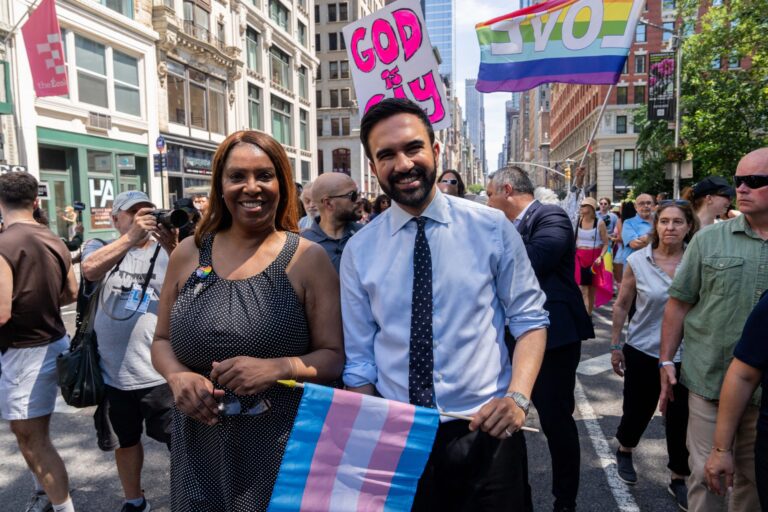Zohran Mamdani’s Vision for Public Safety: The Department of Community Safety
New York City mayoral candidate Zohran Mamdani, a Democrat, is proposing a transformative approach to public safety that could change the role of law enforcement in the nation’s largest city. His plan centers around the establishment of a Department of Community Safety (DCS), which aims to take a public health approach to preventing violence.
A Shift in Strategy: Rethinking Public Safety
Mamdani has been vocal about his concerns regarding the NYPD, describing the department as “racist,” “anti-queer,” and presenting a "major threat to public safety." His campaign outlines an ambitious 17-page plan that emphasizes the need for community-based solutions.
Key Features of the DCS Plan:
-
Redefining Police Roles: The DCS intends to employ social workers for handling non-violent offenses, domestic disputes, and mental health crises. Rather than calling the police, community-based teams would respond to these situations, which Mamdani asserts will improve overall safety.
-
Budget Breakdown: The proposed budget for DCS is $1.1 billion, with:
- $605 million expected from consolidating existing programs
- $455 million sourced from more efficient use of government funds and potential cuts to the NYPD budget.
- Investing in Mental Health: Mamdani aims to allocate $362.8 million toward mental health services, which includes dedicated outreach teams at 100 subway stations to address issues related to New York’s homeless population.
Doubling Down on Crisis Management
In addition to creating the DCS, Mamdani proposes a 275% increase in funding for New York’s existing Crisis Management System and doubling funding for victim services programs like Safe Horizon and Family Justice Centers.
The Debate: Defunding Police or Smart Allocation?
Mamdani’s agenda raises questions about resource allocation. Some critics argue that this approach equates to "defunding the police." However, the mayoral hopeful contends that this shift will allow police to focus on more serious criminal activities, potentially improving response times by reducing calls they currently handle.
“Moving mental health calls out of the police department could reduce the calls police have to deal with by 20 percent,” Mamdani noted in a recent interview.
The Broader Context
While cities like Denver and Eugene, Oregon, have implemented similar community-based models, challenges may arise in adapting these strategies to New York City’s unique circumstances. The city’s current crime landscape demonstrates the necessity for reform:
- Since 2021, robberies have risen by 20%.
- Felony assaults increased by 29%, and car thefts by 36%.
Although violent crime rates have seen a decline, the persistent rise in certain categories of crime raises serious concerns.
Funding Hate Violence Programs
In light of increasing incidents of hate crimes, Mamdani also aims to boost funding for programs combating hate violence by over 800 percent. This initiative seeks to address the climate of antisemitism, Islamophobia, anti-Black racism, and LGBTQ+ discrimination prevalent in the city today.
The Path Forward
As the current climate calls for fresh ideas and strategies, Mamdani’s vision aligns him with a new wave of progressive politicians advocating for a compassionate approach to public safety. However, skepticism remains regarding the feasibility of implementing such ambitious plans in a city as complex as New York.
For more insights on crime statistics in New York City, you can check the Official NYC Crime Statistics Report.
Conclusion: As New York approaches its next mayoral election, Mamdani’s progressive ideas are sparking debate about the future of public safety. Will a shift towards community safety initiatives effectively address the challenges faced by the city, or will it reignite fears reminiscent of the New York of the 1970s? Only time will tell.


